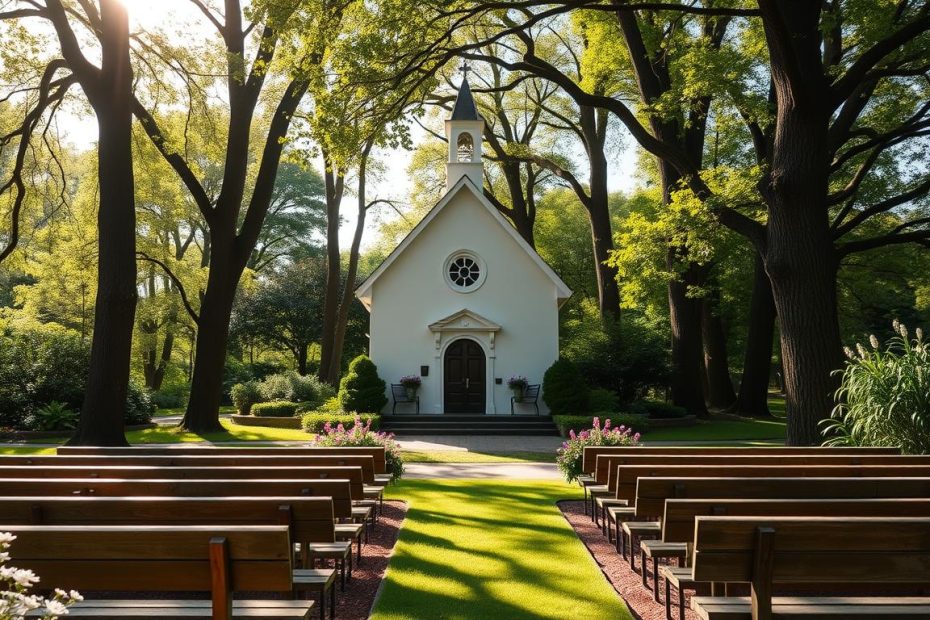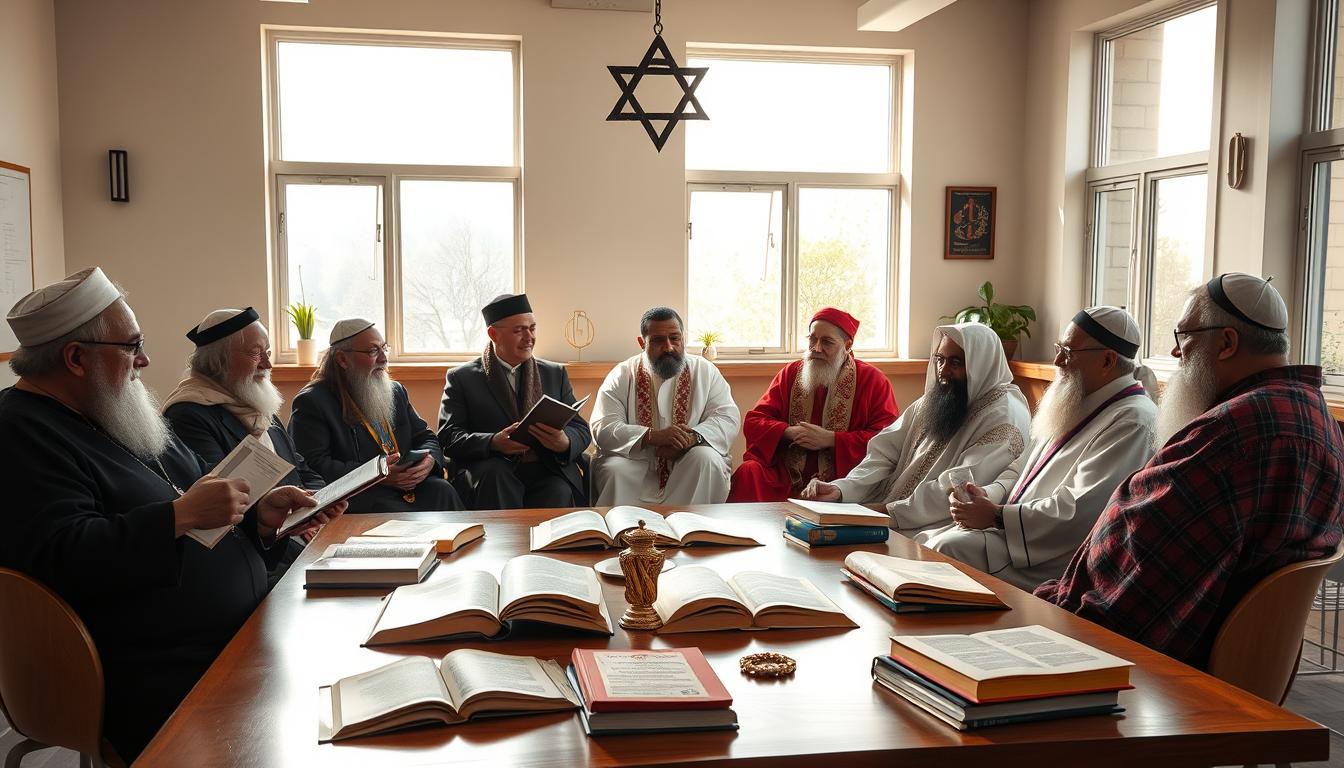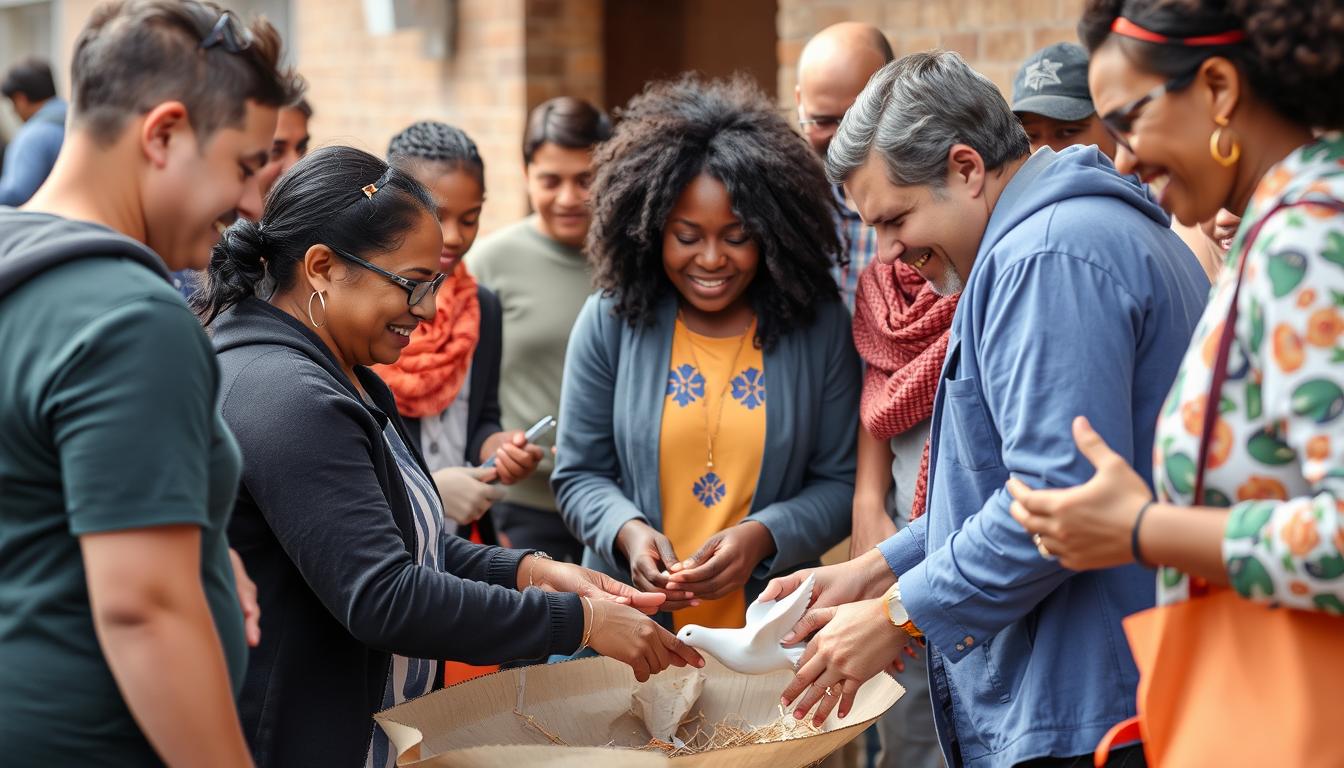The interest in Christian spirituality courses has increased. Many people want a Christian education better and deepen your Christian studies. FASBAM, in Curitiba/PR, offers a complete course. There are 3 modules, totaling 360 hours of study. It starts on August 6, 2024 and ends on November 13, 2025.
Adverts
Registration was from 03/11/2024 to 05/31/2024. The selection process chose 50 people to participate.
The course combines online and in-person classes. You do not need to have a college degree to enroll. Those who complete the course receive a certificate of completion. FASBAM makes payment easier. You can pay in 18 installments of R$290.00. This already includes a scholarship of R$251.00. This way, more people can strengthen their faith.
Many people can benefit from this Christian spirituality course. From ordinary people to religious leaders, Prof. Dr. Ir. Irineu Letenski, OSBM, ensures the quality of teaching. Everyone is eager for the first class.
FASBAM is known for the quality of its religious education. Its facilities promote study and reflection. Learning more about this course is important. It can help with personal and community growth, deepening your Christian faith.
The Importance of Spiritual Deepening in Contemporary Times
Many believers are seeking learn christian spirituality currently. They look for courses that offer a deepening Christian knowledge. According to theologian Karl Rahner, in the future, Christians will need to be mystics to maintain their faith. He stresses the urgent need for a Christian formation deeper.
You Christian spirituality courses They focus on spiritual development. They combine psychology with pastoral theology. The lack of qualified professionals for spiritual counseling highlights the importance of these courses. They prepare you to counsel and also help you develop an intimate connection with the divine.
Rediscovering ancient spiritual practices can reconnect us in a disconnected world. Such training helps sustain our emotional and spiritual health. This is essential in a time marked by secularism and technology.
Thus, promoting the Christian formation benefits not only churches, but society as a whole. It opens up space for discussions about how spirituality can help us face today’s challenges.
Profile of Participants in Christian Spirituality Courses
You online spirituality courses attract a wide range of people. This ranges from laypeople to religious leaders and scholars. They seek everything from understanding their own faith better to improving pastoral skills. Bible study courses and other theological areas are also sought after.
These courses create an environment where conversations enrich everyone. The goal is to deepen Christian spirituality. In this way, a community is formed focused on growing spiritually and humanly.
Laypeople and Leaders: Convergence of Spiritual Aspirations
Lay people and leaders have spiritual aspirations in common. They want to lead with wisdom or live more fully. The exchange of experiences between them brings valuable learning. This promotes practical and transformative growth in spirituality.
Trainers in Seminaries and Ecclesial Movements: Foundation and Support
Trainers and leaders of ecclesial movements find great support in courses offered by institutions for Christian courses. They find theoretical foundations and practical strategies for their work. The content helps in the formation of leaders and in facing challenges in their communities.
Modular Course Structure and Its Impact on Continuing Education
If you want to grow spiritually, taking Christian courses is a great option. They have a modular structure, which means that people from different places can study without any problems. The courses combine online and in-person classes. Thus, they adapt to each student's schedule, ensuring complete learning.
With this flexibility, it is easier to participate in the courses. They promote the constant growth of students. In the courses, you will find everything from devotionals to academic studies and artistic practices. This covers not only the theological side, but also the physical, psychological and social aspects of spirituality.
Part of the course is the retreats. They offer a deep and complete experience, vital for deepening spirituality. By staying at the retreat sites, students experience spirituality more intensely. This helps them to focus more on their spiritual studies and practices.
In short, modular courses are a good fit for those seeking continuing education. They facilitate participation and broaden learning by touching on various aspects of life. This greatly helps students’ personal and spiritual growth.
Christian Spirituality Courses: Where to Study and How to Enroll
For those who seek courses to deepen faith, there are many options in Brazil. It is important to be aware of the deadlines for the notices. They are announced at the beginning of the year and remain open until May.
Christian formation institutions like the Franciscan Theological Institute, they offer both in-person and online courses. This gives flexibility to those who want to learn.
Notice and Registration Period
Anyone wishing to apply must follow the notices. They provide information on the dates, deadlines and what is required to apply. It is not necessary to have previous degrees to participate.
Courses such as “Patristics and Christian Initiation” and “St. Thérèse of Lisieux: The Doctor of Love” have registrations until October and September.
Coordination and Specialized Teaching Staff
In the Christian training institutions, experienced teachers teach. Coordinators and lecturers, such as Karl Kepler, share their knowledge. They bring both practical and theoretical experience to the classes.
For online courses, technologies such as the ZOOM Cloud Meetings application are used. This allows for interactive and productive live classes. Classes are recorded, except for live discussions, which are exclusive to broadcast times.
Bibliography and Immersion Practices in Spirituality Courses
You Christian spirituality courses offer a wide variety of readings. They include classics and modern works on experiences of spirituality. These materials help in learning and spiritual practice.
The courses look at spirituality in a broad way. They offer classes ranging from 'Spirituality and Prayer' to 'Spirituality and Art'. They also cover 'Spirituality in Church History' and the 'Classics of Spirituality'. The approach facilitates a well-rounded learning experience.
Assessment of Spiritual Experience and Individual Guidance
To the experiences of spirituality are assessed throughout the course. This allows for personal reflection with individualized guidance. Qualified teachers support students to absorb the concepts and practice devotionally.
Arts and Devotionals as an Extension of Learning
Arts and devotional practices, such as prayer, enrich learning. Through activities such as Lectio Divina and music, students deepen their reflection and spiritual connection. This helps to link theory with spiritual practice, enriching the learning experience in Christian spirituality course.
Conclusion
You Christian spirituality courses in Brazil align with the need for more in-depth training. This training combines theoretical and practical approaches. It stands out for its broad curriculum and qualified team of teachers.
The Basic Course in Theology has 13 subjects and 184 lessons. The Intermediate Course offers 20 subjects and 236 lessons. This shows the richness and diversity of the programs.
Various teaching modalities cater to different student profiles, from church leaders to ordinary members who want to improve their skills. Specialized courses and subscription plans make it easy to access quality education.
The study of theology goes beyond a career in the church. It opens doors to work in public policy and the creation of teaching materials on religion. Theological education prepares students in a comprehensive way, benefiting their communities and society.




